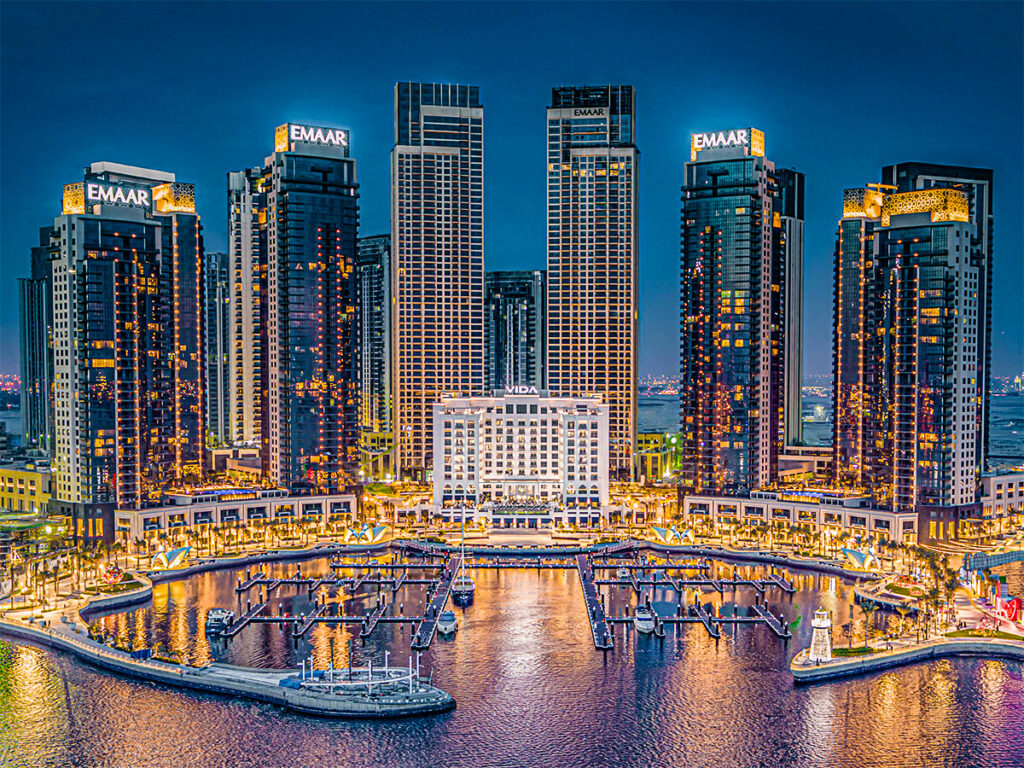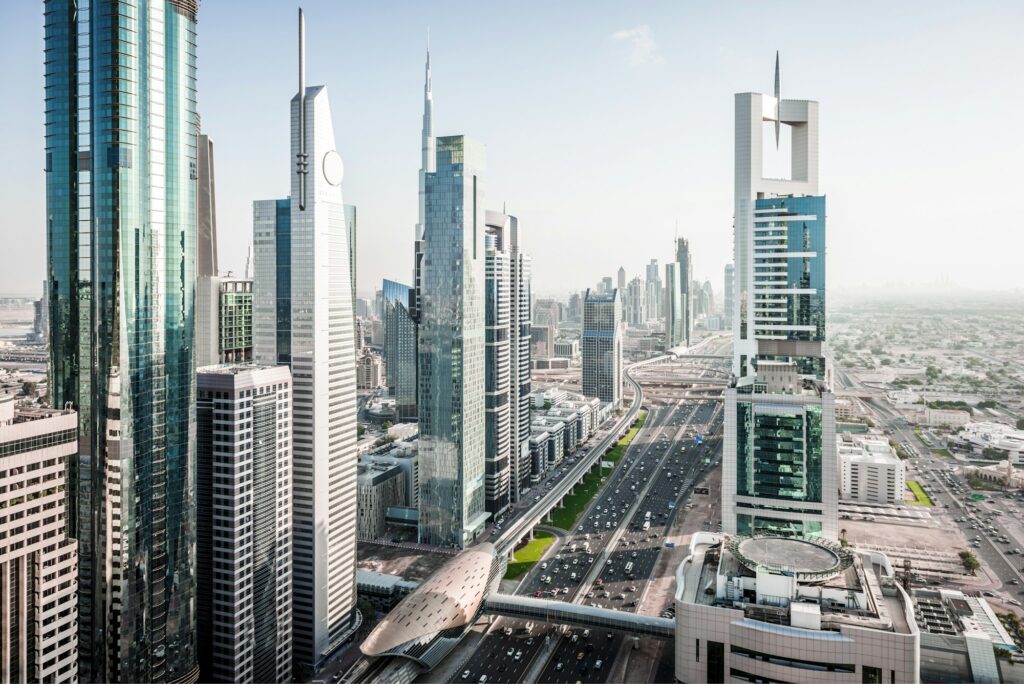According to a recent report by Deepki, the UK's commercial sector is responsible for generating the highest carbon emissions in Europe. The study found that the country's commercial buildings emit around 38 million tonnes of CO2 each year, making it the largest emitter on the continent. This alarming statistic highlights the urgent need for the industry to take immediate action in reducing its environmental impact.
The report also revealed that the UK's commercial sector is lagging behind other European countries in terms of sustainability measures. Despite the government's commitment to reducing carbon emissions, the sector has not made significant progress in adopting green technologies and practices. This lack of action is particularly concerning given the UK's legal obligation to achieve net-zero emissions by 2050.
One of the key factors contributing to the high carbon emissions from commercial buildings is their energy consumption. The report found that a large proportion of these buildings are inefficient in terms of energy usage, leading to unnecessary wastage and higher emissions. By investing in energy-efficient technologies and practices, the sector has the potential to significantly reduce its carbon footprint.
Another issue highlighted in the report is the lack of data transparency and monitoring within the UK's commercial sector. Without accurate and up-to-date information on their energy usage and emissions, companies are unable to effectively track their environmental impact and implement targeted solutions. This lack of data management is hindering progress towards sustainability goals and preventing the sector from achieving meaningful change.
In order to address these challenges and reduce carbon emissions, the UK's commercial sector must prioritize sustainability and take concrete actions to improve its environmental performance. This includes investing in energy-efficient technologies, implementing green building standards, and increasing transparency in data management. By adopting a holistic approach to sustainability, the sector can make significant strides in reducing its carbon footprint and contributing to the country's climate goals.
Despite the challenges facing the UK's commercial sector, there are opportunities for positive change and progress towards a more sustainable future. By working together with government, industry stakeholders, and environmental experts, the sector can develop effective strategies to reduce its carbon emissions and create a more environmentally friendly built environment. With collective action and commitment to sustainability, the UK's commercial sector has the potential to lead the way in Europe and set a positive example for the rest of the world.
In conclusion, the findings of the Deepki report highlight the urgent need for the UK's commercial sector to address its high carbon emissions and improve its environmental performance. By prioritizing sustainability, investing in energy-efficient technologies, and increasing data transparency, the sector can make significant progress towards reducing its carbon footprint and achieving net-zero emissions by 2050. With concerted efforts and collaboration, the industry has the opportunity to lead the way in Europe and become a global leader in sustainable building practices. It is time for the UK's commercial sector to take action and embrace the challenge of building a greener, more sustainable future.






